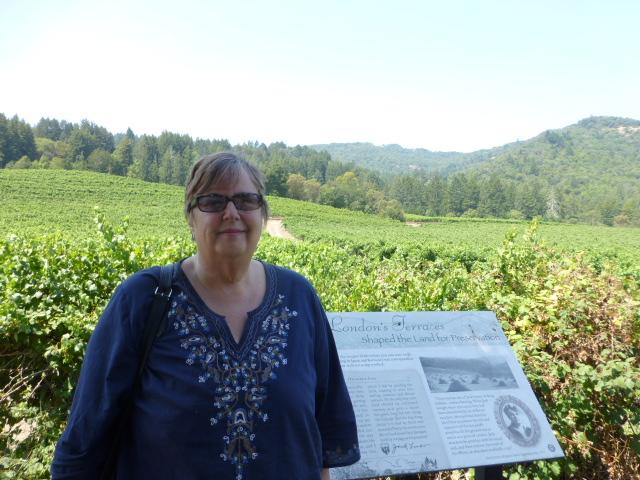To protect against a health crisis such as COVID-19 (the coronavirus), vetting event partners on their sanitation practices and educating attendees on precautions is critical.
“We all need to ask more of our vendors about what they are doing, not just in regards to the coronavirus but with all flus and other diseases,” says meetings educator Joan Eisenstodt (MPI Potomac Chapter). “For example, do they have hand sanitizers, do they provide flu shots for their employees? As planners, we need to ask hard questions and let hotels know how important this is to us.”
Event planner and food and beverage consultant Tracy Stuckrath (MPI Carolinas Chapter) of Thrive! Meetings & Events agrees, adding that planners should learn what they can about housekeeping and food service practices.
“You need to ask hotels about how they keep rooms sanitized—do housekeepers wipe down handles, do they disinfect the rooms in between guests?” she says. “Who on your staff has food safety certification? What are your practices with buffets? Have you taken steps to remind your employees about safe food handling?”
Also important is reminding attendees about the basics of staying healthy, Eisenstodt says.
“A lot of it is the usual stuff which may seem silly but isn’t at all—providing hand sanitizer and hospital-grade wipes, reminding people to wash their hands and to refrain from hugging or shaking hands,” she says. “You can do this with firmness but with some humor from a main stage.”
When disaster threatens an event, having a strong communications plan in place is also important. According to Stuckrath, there should be a variety of channels in place for communicating information to attendees before, during and after the meeting.
“You can’t just rely on the meetings app—you can’t assume everyone has downloaded it,” she says. “You’ll need to use the website, texting, e-mails, social media—whatever it takes for everyone to get the information they need. This applies not only during the event, but afterwards. Sometimes people get infected during the meeting, but don’t show signs until it’s over. How do you handle that?”
Attorney Barbara Dunn, partner at Barnes & Thornberg LLP, recommends enlisting the aid of a public relations or crisis communications expert if circumstances warrant it.
“What we say and how we say it are very important during a crisis,” she says. “We need to acknowledge the tragic nature, but we don’t want to stoke fear or hysteria. Having someone come across as insensitive could create big problems for the organization. It could spark wildfire on social media.”
Event security expert Alan Kleinfeld, who has served on MPI’s Security & Risk Management Task Force and is director of Arrive Conference Solutions in Charleston, S.C., advises meeting planners to monitor a crisis situation, but not rely solely on the widespread media and social media coverage that usually surrounds any kind of disaster.
When determining whether the situation is dire enough to cancel or postpone an event, he says it is essential to consult trusted sources in the destination and organizations such as the World Health Organization and U.S. Centers for Disease Control and Prevention rather than simply follow the headlines, which often paint a distorted picture.
“We all too often see something in the news and freak out about it, but the reality may be quite different,” Kleinfeld says.
Tyra Hilliard (MPI North Florida Chapter), an attorney and expert on meeting risk management issues, also cautions against overreaction to media reports, which she says happens all too often when things are not put into perspective.
“It’s always frustrating when people act like a crisis is something that never happened before,” she says. “People have short memories. We’ve had SARS and Ebola before the coronavirus and there will be something else next time.”
Being proactive, rather than reactive, is the best strategy for managing any crisis, health-related or otherwise, Hilliard adds.
“If we’re prepared all the time, we don’t have to overact,” she says. “We need to have procedures in place and be ready to go.
Visit our coronavirus page resources and the latest news.
Unsplash photo by Asiya Kiev.



